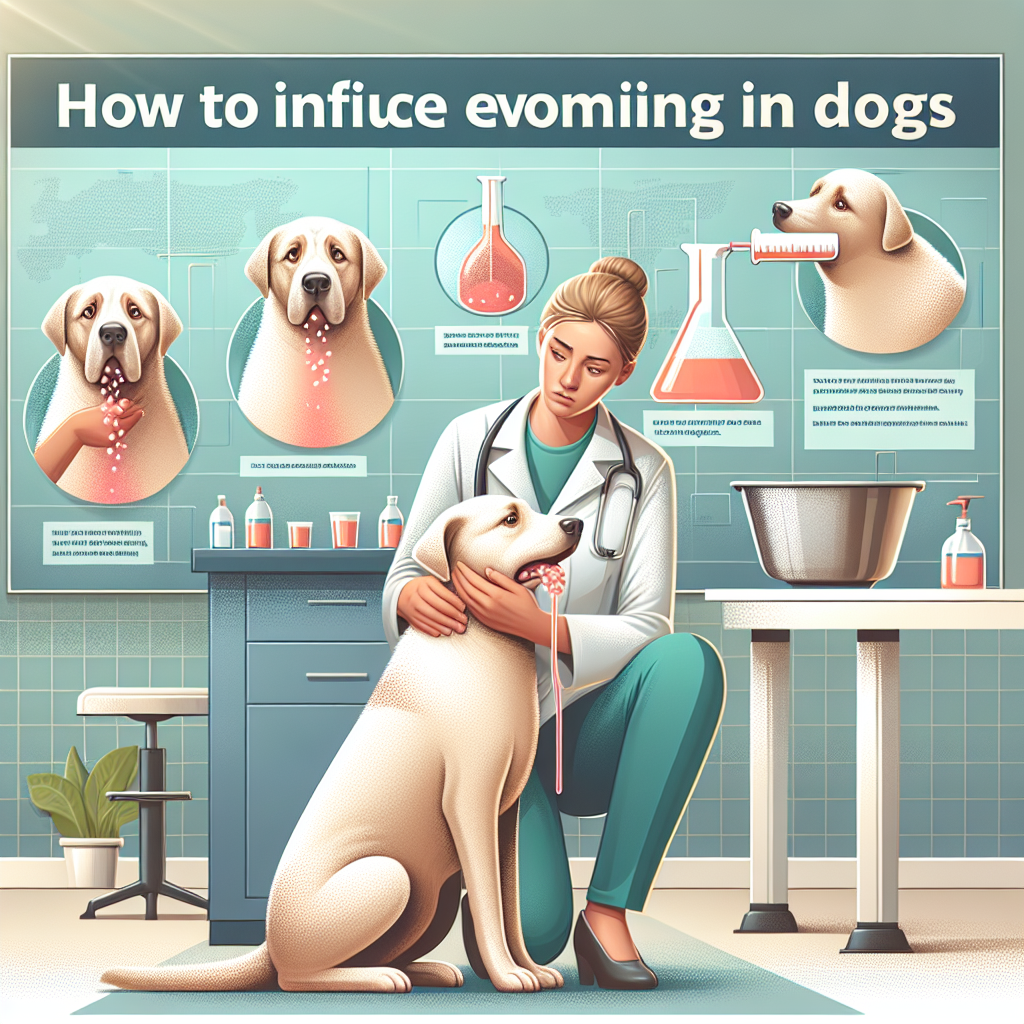Can Dogs Eat Mustard? A Comprehensive Guide for Dog Owners
As a dog owner, you may often wonder about the safety of various human foods for your furry friend. Mustard, a popular condiment used in many households, is one such food that could spark curiosity. Whether you’re contemplating sharing a bite of your hot dog or just want to know if it’s safe to keep mustard in the kitchen, it’s essential to understand the potential effects of mustard on your dog’s health.
What is Mustard?
Mustard, derived from the seeds of the mustard plant, is a condiment commonly used in sandwiches, dressings, and marinades. Depending on the variety, it can contain ingredients such as vinegar, water, spices, and salt. There are several types of mustard, including yellow mustard, Dijon mustard, spicy brown mustard, and honey mustard, each with unique flavors and ingredients.
The Risks of Feeding Mustard to Dogs
While mustard is not toxic to dogs, it is not a recommended food for several reasons:
-
Digestive Upset: Mustard contains vinegar and spices that can cause gastrointestinal upset in dogs. Consuming mustard may lead to symptoms like vomiting, diarrhea, and stomach cramps.
-
High Sodium Content: Many mustards contain a significant amount of salt, which can be harmful to dogs in large quantities. Excess sodium can lead to increased thirst, urination, and more severe issues like sodium ion poisoning, especially in small dogs.
-
Spices and Flavorings: Some types of mustard contain additional ingredients, such as garlic or onion powder, which are toxic to dogs. These ingredients can lead to severe health problems, including damage to red blood cells.
- Choking Hazard: If your dog is prone to eating quickly, mustard could serve as a choking hazard if they try to gulp down food that contains it.
What to Do If Your Dog Consumes Mustard
If your dog accidentally consumes a small amount of mustard, observe them for any signs of distress. Symptoms to watch for include:
- Vomiting
- Diarrhea
- Abdominal pain
- Lethargy
- Excessive thirst or urination
If your dog exhibits any of these signs or if they have consumed a large quantity of mustard, it is crucial to contact your veterinarian immediately for advice.
Safe Alternatives to Mustard for Dogs
If you’re looking to spice up your dog’s meals or treats, there are safer alternatives that dogs can enjoy. Here are a few ideas:
- Plain Pumpkin or Sweet Potatoes: These are not only tasty but also high in fiber and nutrients—great for your dog’s digestion.
- Carob: This chocolate substitute is safe for dogs and can be used in homemade treats.
- Peanut Butter (unsweetened and xylitol-free): A favorite for many dogs, peanut butter can be a great treat when given in moderation.
Conclusion
In summary, while mustard is not toxic to dogs, it is not a suitable or safe food to share with them due to the potential for digestive upset, high sodium levels, and risk from harmful ingredients. Whenever in doubt, it’s best to stick with dog-specific treats and foods to ensure your pet’s health and safety. Always consult with your veterinarian if you have concerns or questions about your dog’s diet.





